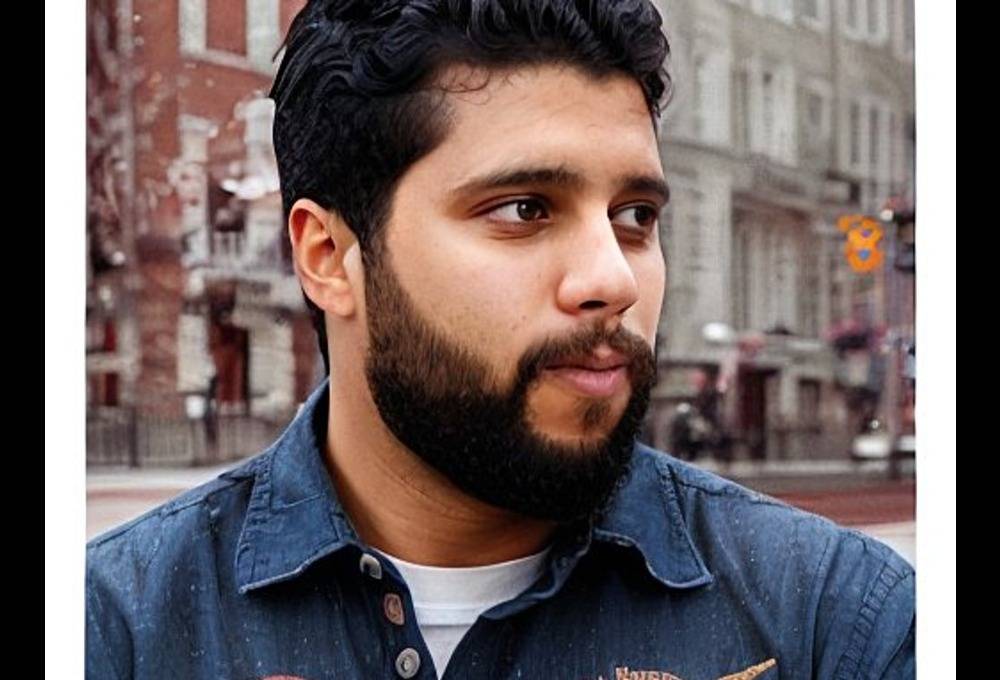Mr Nour Eldin Alaa Badr

Contact
- Email: k2307212@kingston.ac.uk
- Location: Penrhyn Road
- Faculty: Faculty of Engineering, Computing and the Environment
- School: School of Computer Science and Mathematics
- Department: Department of Computer Science
- Personal website
Research project: Deep fake detection for Human Faces
Abstract
Social media are playing a big role nowadays in everyone's life. A lot of young people use it to share their daily life on social media besides people get news from social media, which makes it a good target for manipulation and spreading false news or rumors. Deep fake is one technique of video manipulation that helps in spreading false news. It can be a video of someone spreading rumors. These manipulated videos need to be detected to be stopped.
The purpose of this project is to prevent the spread of these misleading synthetic images/videos by developing an effective new model to detect forged images/videos, i.e. Deep fakes in social media.
- Research degree: PhD
- Title of project: Deep fake detection for Human Faces
- Research supervisor: Dr Xing Liang
- Other research supervisors:
Biography
I am currently a Ph.D. student working on detecting deep fake images/videos. My research mainly focuses on building and creating new, effective, and generalized deep learning models that can detect deep fake images/videos, whatever their source that can work accurately in real-world applications. As I have the ambition to create my startup in the future, I am also an MBA student so I will be in the best possible position to exploit the research produced during my Ph.D. Furthermore, I work as a Python instructor during the evening.
Previously, I completed my master's thesis project as an intern at a well-known German research institute "Fraunhofer Institute IGD". There, I researched techniques, to prevent fraudsters from taking someone's identity in applications where access is provided through face recognition. In parallel, I worked as a research assistant specializing in operational research at another German research institute "Center for Applied Data Science Guetersloh".
Areas of research interest
- Computer Vision
- Deep Learning
- Machine Learning
- Data Science
- Operation Research
- Entrepreneurship
- Business Administration
Qualifications
- B.Sc in Electrical and Computer Engineering, HTI, Cairo, Egypt.
- M.Sc in Intelligent Systems, Bielefeld university, Germany.
Funding or awards received
- Kingston University PhD Starter Bursary, 2023.
- Public Engagement Award (Scientific Blogs section), 2023.
- German Academic Exchange Service (DAAD) Master's Thesis Scholarship, 2021/2022.
- Best Bachelor Grade (GPA) Award ( Percentage of 97.30%), 2016.
Publications
- A Memetic Algorithm With Reinforcement Learning for Sociotechnical Production Scheduling
https://ieeexplore.ieee.org/document/10173523
Article
Grumbach, Felix, Badr, Nour Eldin Alaa, Reusch, Pascal and Trojahn, Sebastian (2023) A memetic algorithm with reinforcement learning for sociotechnical production scheduling. IEEE Access, 11, pp. 68760-68775. ISSN (online) 2169-3536

